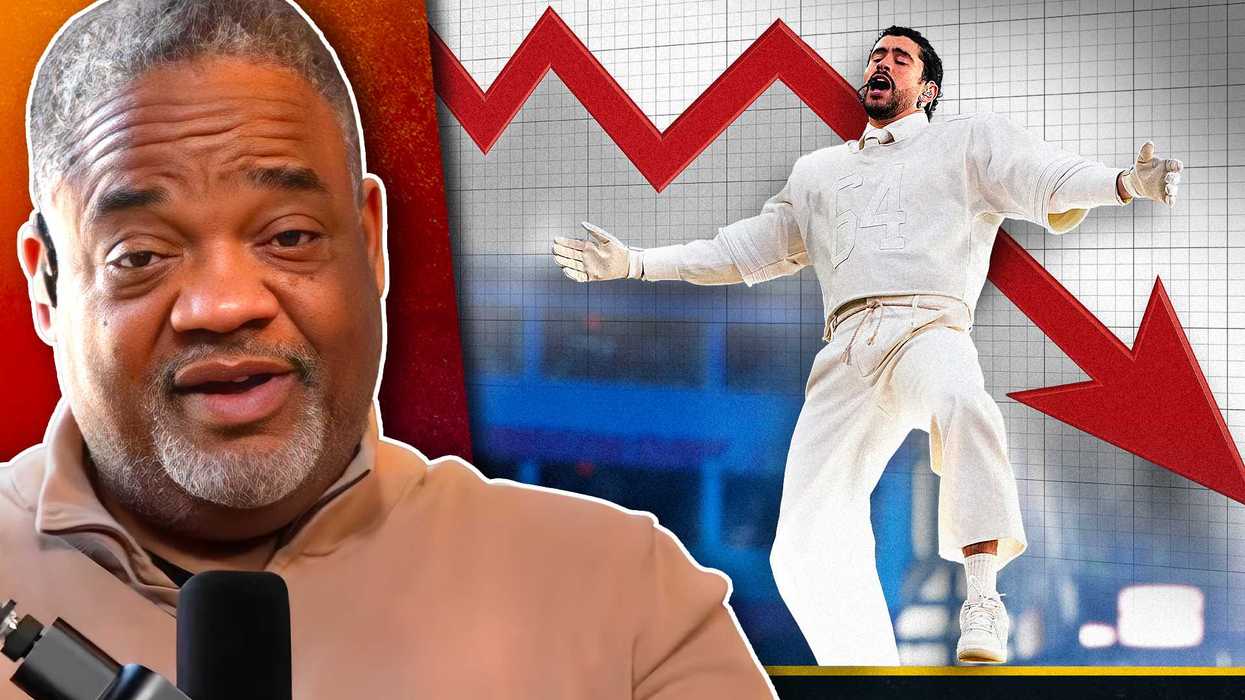
© 2026 Blaze Media LLC. All rights reserved.
Bailed Out Insurance Giant Sues Bailed Out Bank: AIG Seek Litigation Against Bank of America
August 09, 2011
"...misrepresenting the quality of its mortgage-backed securities."
Bank of America Corp is being sued by American International Group Inc (AIG) for more than $10 billion over an alleged "massive fraud" on mortgage debt.
In its official complaint, AIG, one of the recipients of the government’s $182 billion bailout, accused Bank of America and its counterparts Countrywide and Merrill Lynch of “misrepresenting the quality of its mortgage-backed securities, including more than $28 billion it bought, and lying to credit rating agencies about the underlying loans,” according to a Business Insurance article.
AIG claims that it investigated 262,322 mortgages that backed 349 offerings it bought between 2005 and 2007, and concluded that the quality of 40.2 percent of the mortgages was inferior to what had been represented.
"Defendants were engaged in a massive scheme to manipulate and deceive investors, like AIG, who had no alternative but to rely on the lies and omissions made," said the complaint, filed in the New York State Supreme Court in Manhattan.
Bank of America has since rejected AIG's allegations and is returning fire.
"AIG recklessly chased high yields and profits throughout the mortgage and structured finance markets," Bank of America spokesman Lawrence Di Rita said. "It is the very definition of an informed, seasoned investor, with losses solely attributable to its own excesses and errors."
According to The New York Times, AIG is preparing similar lawsuits against other banks. Among these is Goldman Sachs Group Inc, which received $12.9 billion as one of the biggest beneficiaries of the government bailouts.
Bank of America is "one of the sicker patients in the ward," said Jonathan Finger, a shareholder who runs Finger Interests Number One Ltd in Houston.
The apparent lack of prosecutions — the Justice Department has brought three cases against employees at large financial companies and none against executives at large banks — has left private litigants, mainly investors and consumers, standing more or less alone in trying to hold financial parties accountable.
“When federal authorities don’t fulfill their obligation to enforce the law, they essentially give an imprimatur to the financial entities to do whatever they want and disregard the law,” said Kathleen C. Engel, a professor at Suffolk University Law School in Boston in a recent New York Times article. “To the extent there are places where shareholders and borrowers can pursue claims, they are really serving the function of the government. They are our private attorneys general,” she said.
Since the recent S&P downgrading and the AIG lawsuit, shares of the largest U.S. bank fell to their lowest since March 2009, undoing one-third of the bank's market value, more than $32 billion, over the last three trading days. In afternoon trading, Bank of America shares were down $1.60, or 19.6 percent, to $6.57, after earlier falling to $6.31.
Tony Plath, a finance professor at the University of North Carolina at Charlotte, said investors may be surmising that drastic action will be needed. "If the stock trades at $6 or $7, there's just no way they can raise capital without just wiping out existing shareholders," he said.
The AIG case is among a growing number of lawsuits by investors seeking compensation for losses on soured mortgages that contributed to the financial crisis.
It is not very comforting to see that, even after being handed billions and billions of taxpayer's money, bailout recipients are resorting to suing one another to make up for financial losses.
Makes one wonder why the bailout occurred at all.
Want to leave a tip?
We answer to you. Help keep our content free of advertisers and big tech censorship by leaving a tip today.
Want to join the conversation?
Already a subscriber?
more stories
Sign up for the Blaze newsletter
By signing up, you agree to our Privacy Policy and Terms of Use, and agree to receive content that may sometimes include advertisements. You may opt out at any time.
Related Content
© 2026 Blaze Media LLC. All rights reserved.
Get the stories that matter most delivered directly to your inbox.
By signing up, you agree to our Privacy Policy and Terms of Use, and agree to receive content that may sometimes include advertisements. You may opt out at any time.







